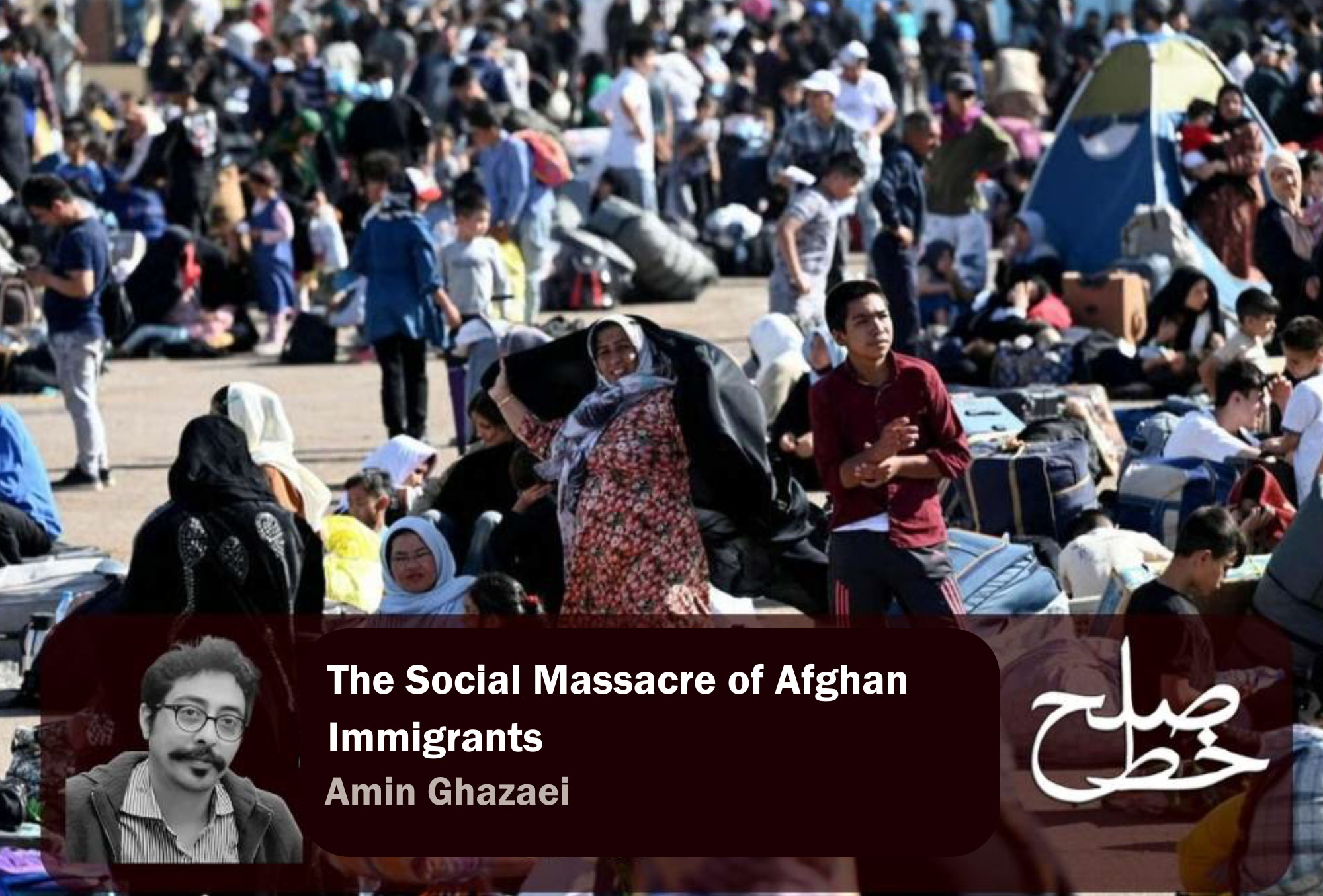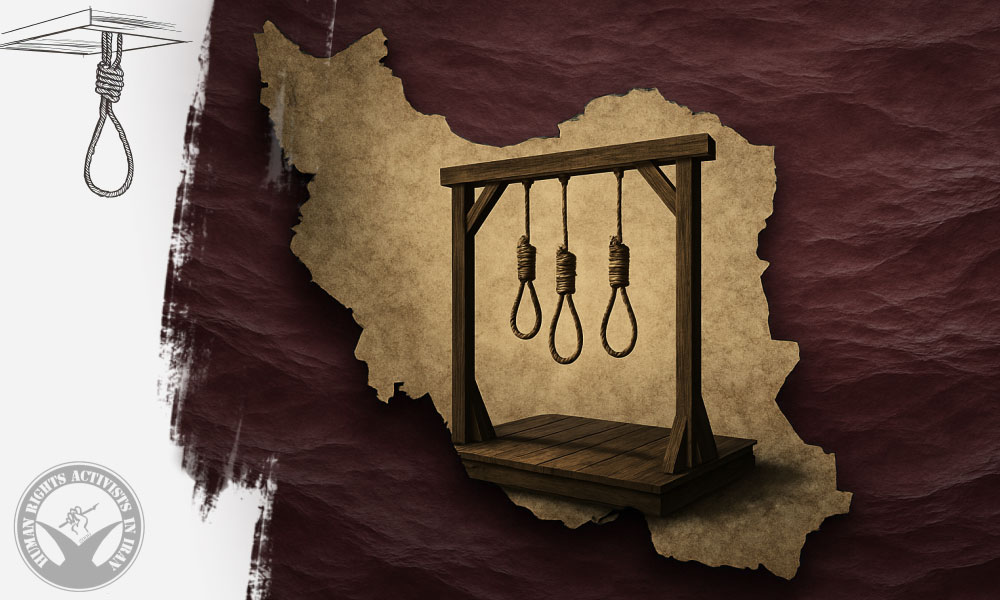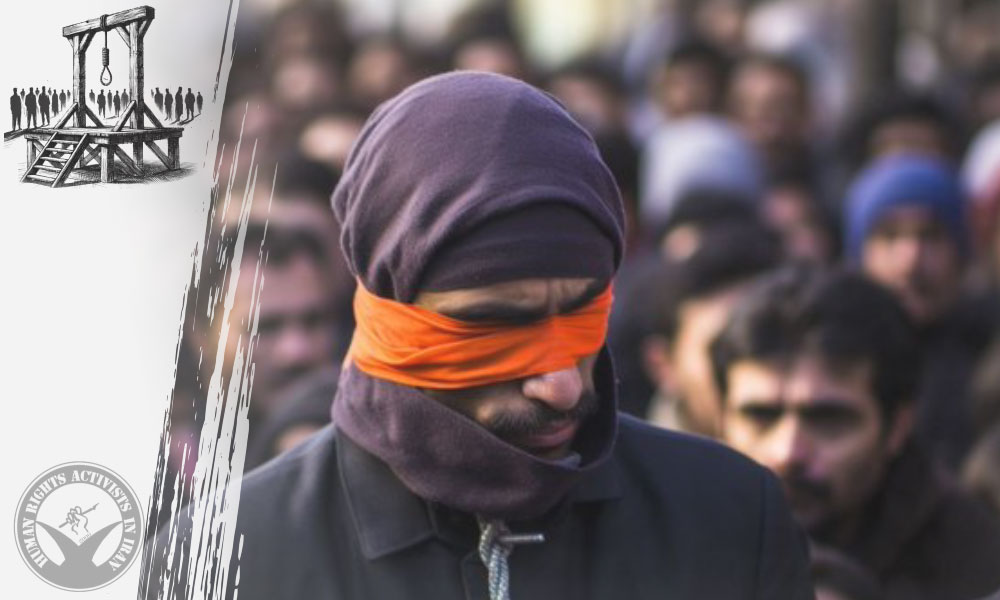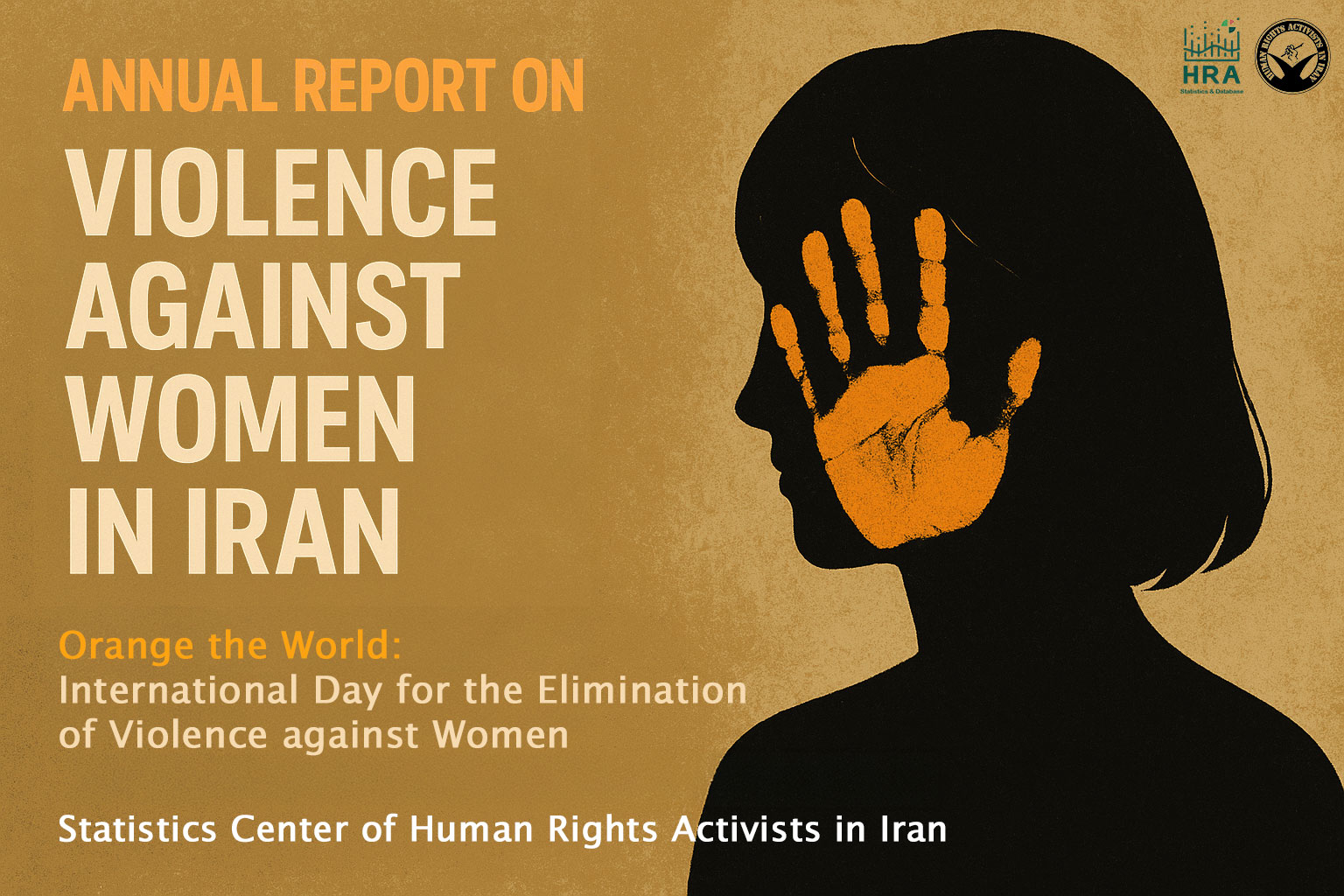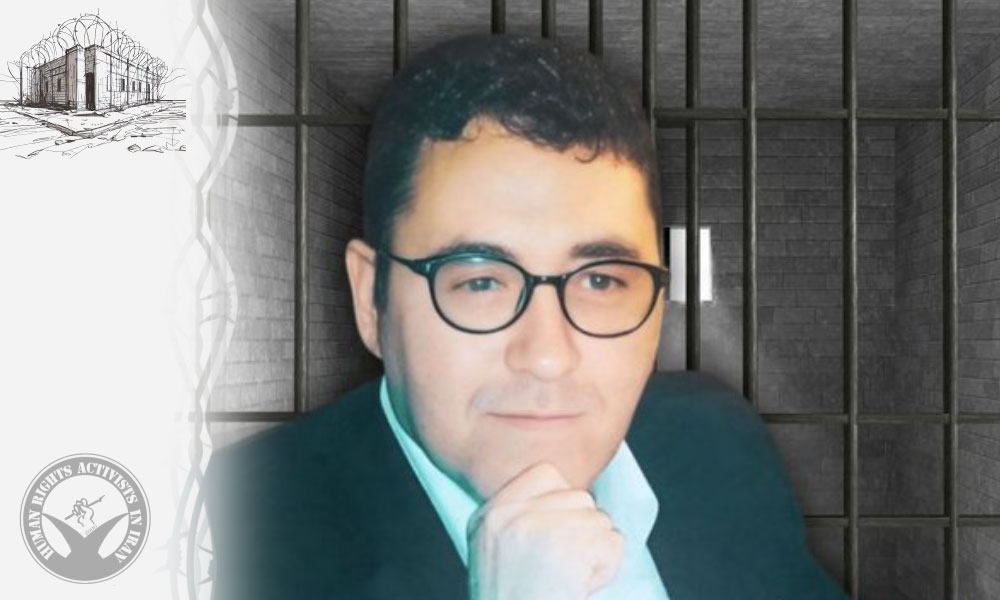HRANA – After the 12-day war between Iran and Israel, the Iranian government, which saw its security structure collapse, resorted to blind arrests and expulsions of over half a million Afghan nationals in just sixteen days. The Islamic Republic claimed that these unauthorized individuals were acting against national security and in favor of Israel. It is not believable that in a situation where the security apparatus of this government could not even protect high-ranking members of the Revolutionary Guards, they were able to obtain such detailed information in a matter of days to identify and detain hundreds of alleged spies. Similarly, the claim of extensive cooperation between Afghans and Israel and the threat to national security is not acceptable. It is obvious that if such detailed information existed, these same institutions would not fail so embarrassingly in protecting the lives of their highest-ranking government and military officials.
Therefore, the expulsion of hundreds of thousands of Afghan citizens in a short period of time has no justifiable or acceptable security basis. Of course, it is argued that illegal entry and residence in a country violates immigration laws and as a result, any country has the right to expel migrants without legal documents.
Discrimination does not only occur in the content of the law, but it can also exist in its implementation. The law must be explicit, clear, and free from discrimination, and perhaps more importantly, its enforcement should not be based on personal biases and preferences.
Actions of laws may occur in terms of location or time. The responsible institutions for enforcing the law may apply it to some individuals and not to others. However, the application of the law can also be inconsistent over time and can change based on policy changes; such as the temporary registration of Afghan immigrants and then its non-renewal or revocation in subsequent years. This situation creates an unpredictable situation, where the immigrant does not know if they will be deported or not. Therefore, with this action, the application of the law and its time and location become uncertain and subject to the whims of policymakers and the arbitrary preferences of law enforcement institutions; as we saw after the Iran-Israel war, suddenly and overnight, with a change in security policy, Afghan immigrants were forced to leave behind the lives they had built through years of hardship and go elsewhere. For many Afghan children, Afghanistan is just a name and they suddenly have to set foot in an unfamiliar land.
Apart from this, the Iranian government has not followed any principles in the implementation of the law and has not even provided a sufficient grace period. As a result, the grounds for numerous abuses against Afghan citizens have been created; including withholding payment for rent, wages, or debts. We know that many Afghan citizens, due to lack of access to the banking system, are forced to keep their savings in cash or entrust them to others; a situation that always provides the opportunity for abuse and crime. It is clear that with these sudden evictions, they have suffered great losses.
The emergence of this human tragedy, which can be seen as a form of ethnic cleansing or social genocide of Afghan immigrants in Iran, shows that the actions of legal authorities can be even worse than legal discrimination; and these are the areas that have received less attention from human rights organizations.
In this way, Afghan immigrants in Iran are in a suspended and lawless state. Many of them remain in this suspended state for years, hoping for legalization in the future, and during this time, they are deprived of the right to legal work, education, healthcare, and legal protection. But the consequences of living in this suspended space are not just deprivation; Afghans in Iran have been transformed into a lower class due to years of living outside the law. In terms of social status, this lawless class is not much different from the slaves of the Roman Empire or a caste system. Afghan migrants without documents, not even recognized as “foreigners” or “migrants” or “foreigners,” are only known as simple and black laborers and will never have a chance for social advancement. They remain in a caste. So the Afghan identity is stigmatized and they become the victims of the most severe forms of racism and harassment.
Over the years, the Iranian government has been unable to establish a legal framework that is suitable for the country’s needs and capacities to accommodate Afghan immigrants. On the other hand, a large portion of the Iranian population has also not been able to accept that Afghans, as the only neighboring and co-ethnic people, should have a rightful place and status in Iranian society. As a result, Afghans in Iran are caught in a dilemma of either being “mass deported” or living in an unlawful situation. For human rights organizations, the situation of Afghan immigrants in Iran should be recognized as the most obvious consequence of arbitrary law enforcement and discrimination and condemned.
Written by Amin Ghazaei
Originally published in Khat-e Solh (Peace Mark) monthly magazine on August 23, 2025.



